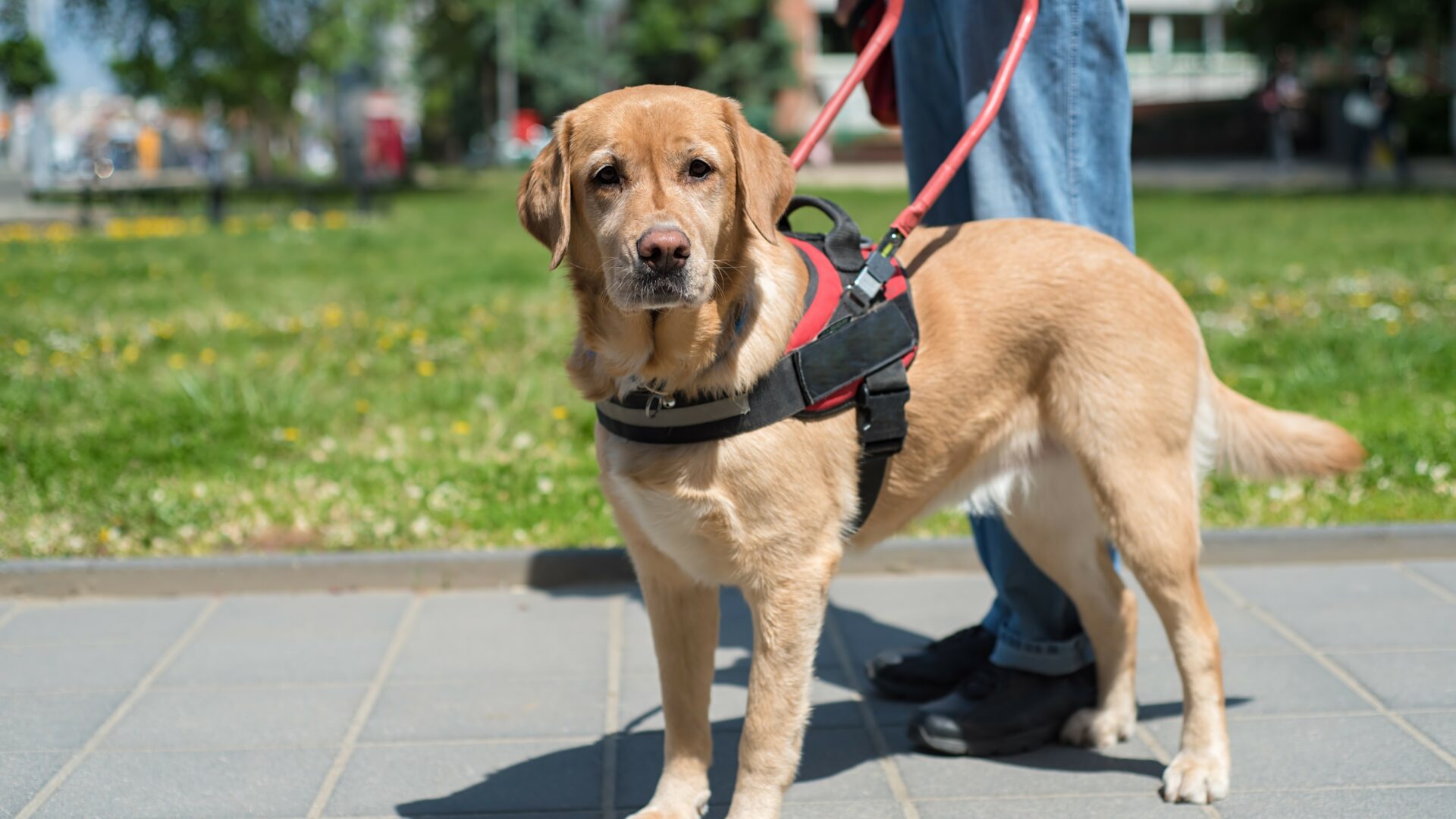By Kelly Schroeder
This year, I was selected as a Leadership Education in Neurodevelopmental and Related Disabilities (LEND) trainee. There are 60 LEND programs existing across the nation, represented in every state, the District of Columbia, the United States Virgin Islands, Puerto Rico, and six Pacific Basin jurisdictions. These programs are typically housed within the University Centers of Excellence in Developmental Disability (UCEDD) and receive federal funding from the Maternal and Child Health Bureau. Each program operates a little differently, but they all provide interdisciplinary training for students. Self-advocates and family members also serve as participants to share lived experiences with student trainees and existing faculty. You can learn more about LEND and its objectives on the Association of University Centers on Disabilities (AUCD) website.
I’ve wanted to participate in a LEND program since I learned about it in undergrad. In fact, it was a major consideration for me when applying to audiology programs. LEND offers opportunities for growth and professional development in my three major areas of interest: interprofessional care, developmental disability, and advocacy. Currently, I am just over halfway through my traineeship. Here are the top three lessons I’ve learned (so far)!
- It takes a village. At Ohio State, the LEND program operates several interdisciplinary clinics focused on providing evaluations and resources to children and families. Last semester, I took part in a clinic that evaluated children aged 6 months to 5 years for suspected developmental disabilities. The team consisted of speech-language pathology, child psychology, pediatric nursing, physical therapy, occupational therapy, nutrition, genetic counseling, dentistry, social work, and (of course) audiology. Over the course of two three-hour appointments, a patient would be thoroughly evaluated by students and licensed professionals for developmental disorders and other co-occurring factors that might impact the overall health and well-being of both the child and their family. This clinic is essentially a one-stop shop for families to receive diagnostic services. There is an unbelievable amount of time and expertise that goes into getting a child and their family connected to the resources that they need to thrive.
- Self-advocacy impacts more than the self. As a part of the LEND program, trainees are required to participate in developing and completing a leadership project. I chose to join the Autism Self-Advocacy Program (ASAP) to create a curriculum for autistic youth. This has been an awesome opportunity for me to learn from autistic leaders in my community. Hearing their lived experiences and perspectives on autism has reshaped the way I think and speak about neurodivergence. I’ve become so much more comfortable discussing autism (and disability in general). To me, this is the essence of LEND – changing the way professionals think, and empowering them to go out and change others.
- Know your community. The LEND program at Ohio State prioritizes community inclusion in our education. Each year, the cohort includes several self-advocates and family advocates. We often have guest speakers from our community who share their work and expertise with us. For example, Columbus has the second-largest Somali population in the United States. Somalian people make up the largest refugee population in Ohio. As professionals working in central Ohio, this means we will almost certainly serve people in this population. We had a Somali PhD student lead a lecture and discussion about the history of Somalia and the cultural considerations we should know when caring for Somali refugees. This explicit, specific discussion was directly relevant to our area and equipped us with the tools to provide appropriate care for a large proportion of our community.
Working as a LEND trainee has been an incredible opportunity for personal and professional growth. If your university is a UCEDD, look into participating in their LEND program – I promise you won’t regret it!
Related Posts
Support Beyond the Office: What We Can Do For Those Who Use Service Animals
By Bailey Harmon Part of my journey to audiology began with training mobility service dogs. Before that, I was a music performance major with a subtle draw to healthcare without knowing which direction to take it. Training service dogs solidified my passion for healthcare and inspired me to combine my love for music with my…
November 2023
President’s Corner
As a graduate student, we know it can be hard to balance school responsibilities with life. Sometimes it may feel like we do not have enough hours in the day to study, attend clinical placements, and have a social life. As a current fourth-year student, there have been periods throughout my graduate school career that…
Finding Balance: Practicing Self-Compassion During the Fall Semester
By: Maryann Quigley The start of each school year brings new experiences, feelings, and challenges. During the fall semester, many students are working on final-year externship applications, midterm and final exams, and graduate school applications, all of which can evoke feelings of excitement and optimism, as well as stress and fatigue. It can be difficult…



